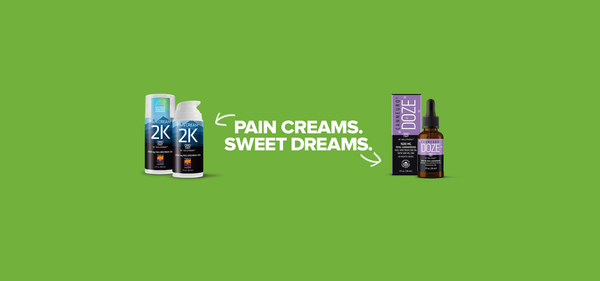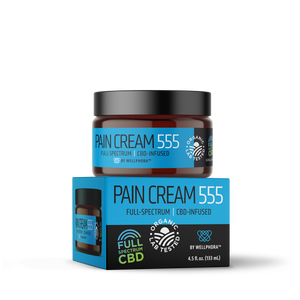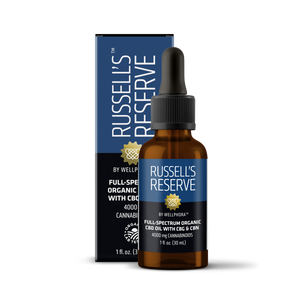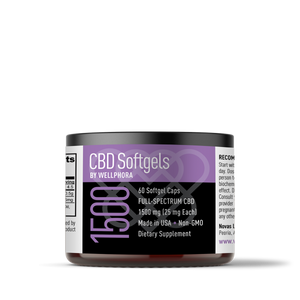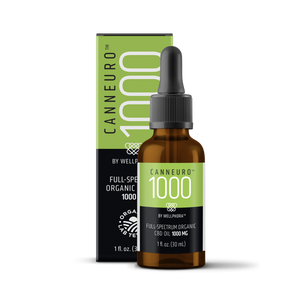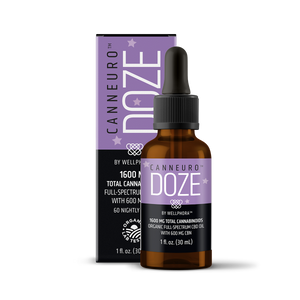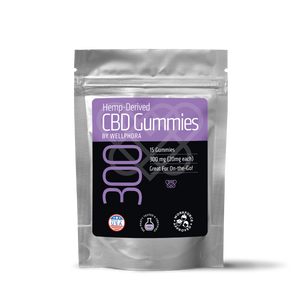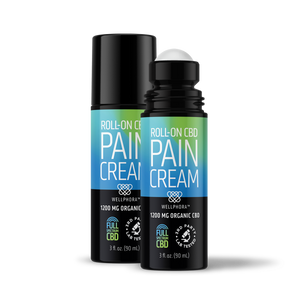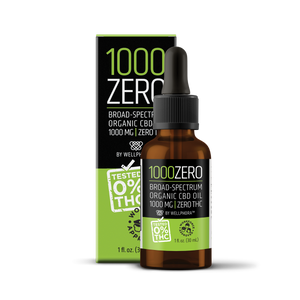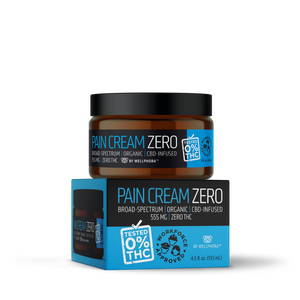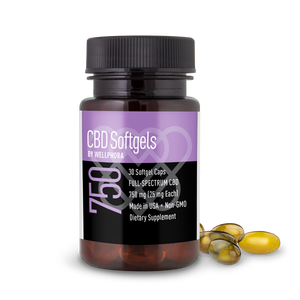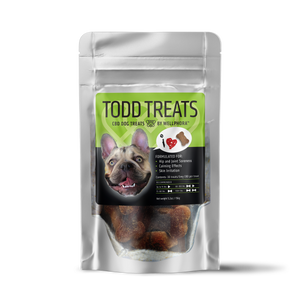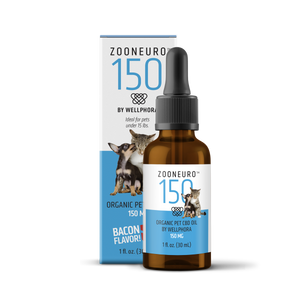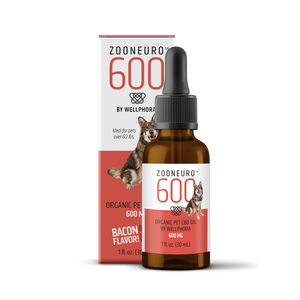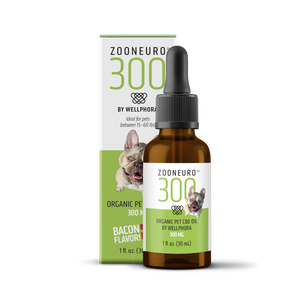Mission
Our mission at Wellphora is to provide the best options for accessing the benefits of all-natural, organic CBD available anywhere. We do this by emphasizing education on CBD, manufacturing the highest quality CBD product using only organically-grown, USA-sourced hemp extract and top-grade ingredients, and backing it all up with a firm customer service commitment.
Wellphora Products For

Highest-quality hemp-derived CBD options for wellness, pain relief, skin care and pet health
What Customers Say
This cream is a lifesaver!!!!
I can’t even begin to say how much this product has helped myself and my family!
Amber W.
From Arizona
Amazing. Love it. I’m from Wisconsin and only order from here!
Nicole P.
From Wisconsin
I have experienced a multitude of different products and strengths from other manufactures, these Wellphora products are hands down the best I have used!
Patricia I.
From Arizona
With the CBD cream I can use my thumb and entire hand. In fact after using the cream I golfed 27 holes of golf in one day…shot my best game ever!
Janet C.
From Arizona
Great product! The quality of this product is so much better than some of the others we’ve tried. Fast free delivery is great as well.
Cliff Y.
Arizona

Special Group Discounts
We offer CBD products lifetime discount to qualified Wellphora community members.
Wellphora’s ownership have a background in public safety and armed forces, and are committed to providing our customers and the community with more than just quality products. We take every opportunity to educate on the subject of CBD.

Subscribe and Save!
Get your favorite Wellphora CBD products automatically, and save 20% on every order.
HERO SUBSCRIBER OFFER:
Be a hero and gift CanneuroMax 2500 CBD oil to a friend or family member. It will come FREE of charge with your new every 4-week non-pet / edible product subscription!




